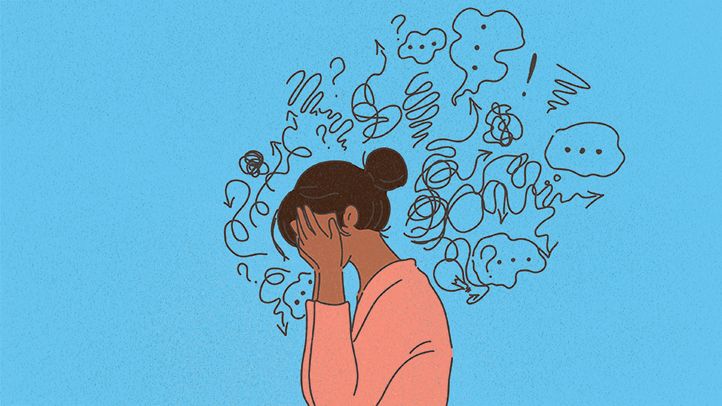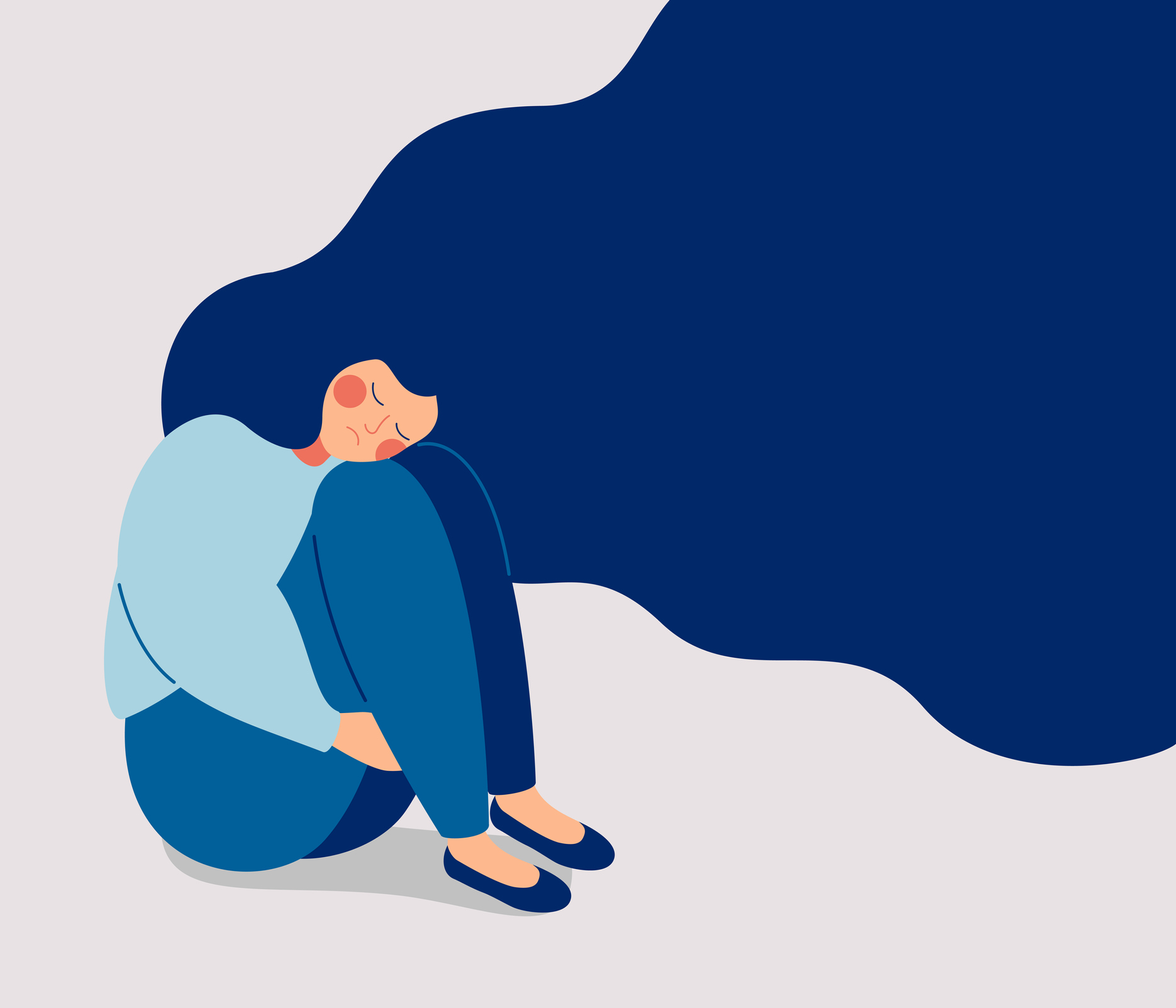Depression is a mood disorder that causes a persistent feeling of sadness and loss of interest. Also called major depressive disorder or clinical depression, it affects how you feel, think and behave and can lead to a variety of emotional and physical problems. You may have trouble doing normal day-to-day activities, and sometimes you may feel as if life isnt worth living.
Depression can lead to suicide.

During a depressive episode, the person experiences depressed mood (feeling sad, irritable, empty) or a loss of pleasure or interest in activities, for most of the day, nearly every day, for at least two weeks.
Several other symptoms are also present, which may include poor concentration, feelings of excessive guilt or low self-worth, hopelessness about the future, thoughts about dying or suicide, disrupted sleep, changes in appetite or weight, and feeling especially tired or low in energy.
In some cultural contexts, some people may express their mood changes more readily in the form of bodily symptoms (e.g. pain, fatigue, weakness). Yet, these physical symptoms are not due to another medical condition.
During a depressive episode, the person experiences significant difficulty in personal, family, social, educational, occupational, and/or other important areas of functioning.
A depressive episode can be categorised as mild, moderate, or severe depending on the number and severity of symptoms, as well as the impact on the individuals functioning.
There are different patterns of mood disorders including:
